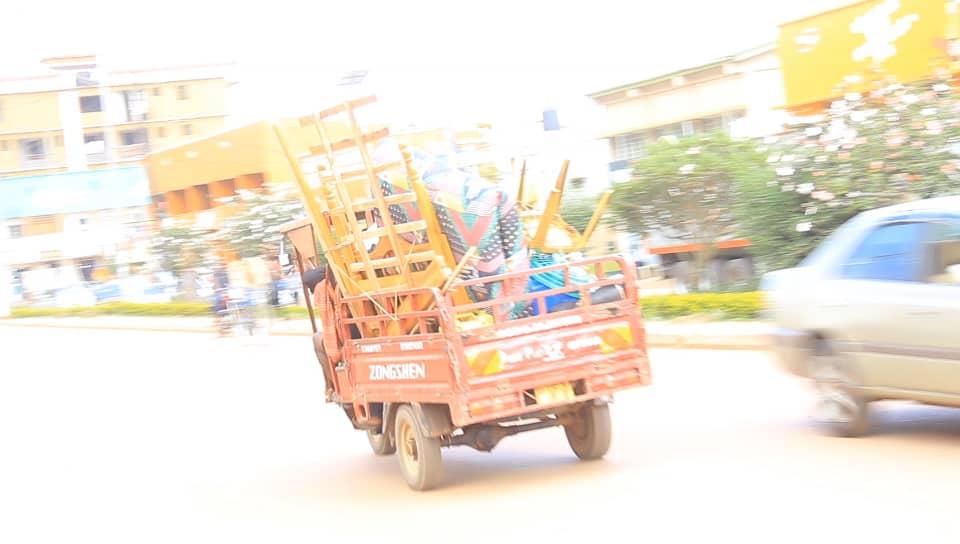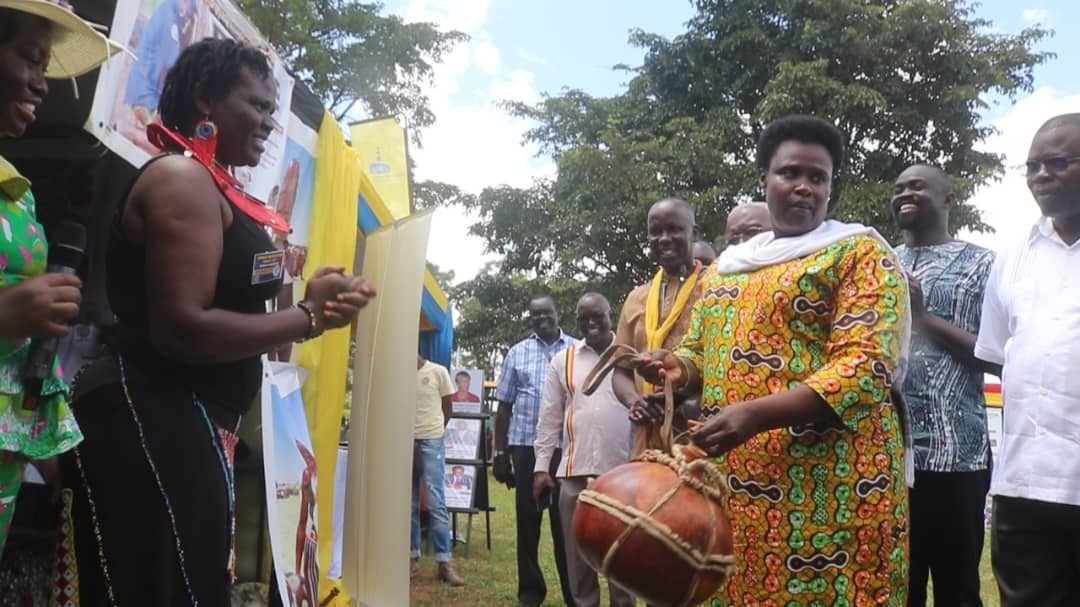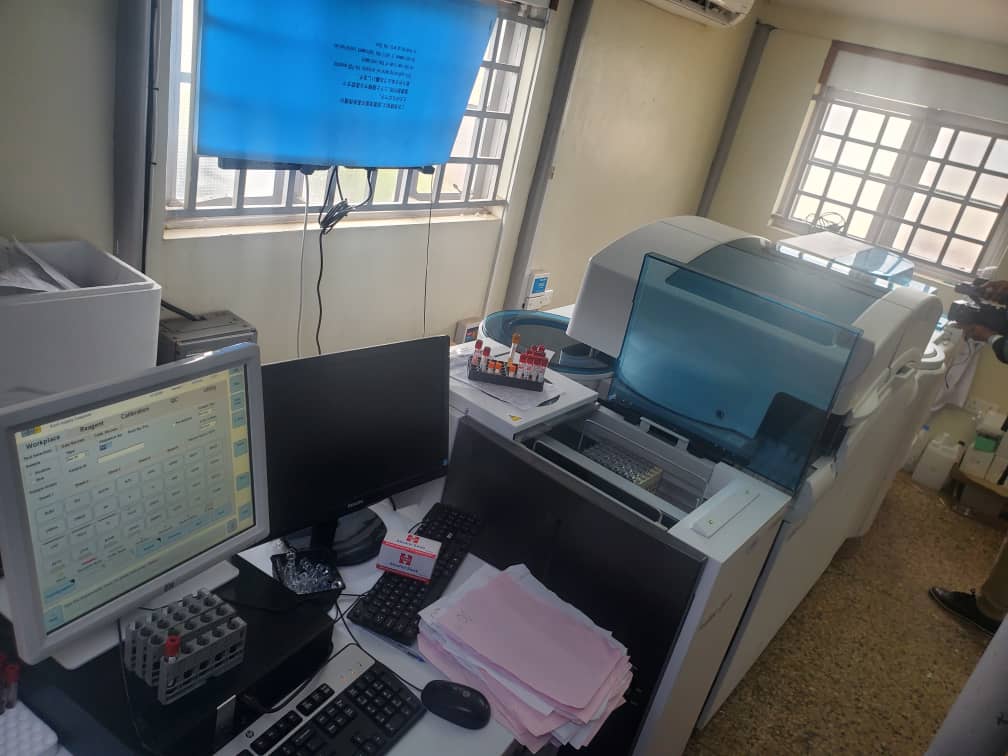URA commits to review digital stamp cost after manufacturers complain

The Uganda Revenue Authority (URA) has pledged to examine the issues surrounding the expenses associated with implementing Digital Tax Stamps (DTS) in Uganda. Additionally, the URA Commissioner General John Musinguzi Rujooki, has voiced concerns about non-compliance with DTS and highlighted the dangers linked to illicit trade.
The remarks were made during the lunch of results from a survey sanctioned by the Private Sector Foundation Uganda(PSFU) the apex body for the private sector in Uganda and conducted by PwC on the effect of digital tax stamps at Kampala Serena Hotel.
Keep Reading
The survey was conducted to establish the Impact and implications of DTS on the manufacturing sector with the cardinal aim of getting workable solutions to the challenges manufacturers are facing since the introduction of DTS in 2019.
Andrew Kilonzo, the Managing Director for Uganda Breweries Limited called for efficiency in the manufacturing sector saying it helps companies by lowering the high cost incurred during the production process. This is because efficiency of production can increase profit, success, and overall, outcomes for businesses
However, reacting to the survey, URA Commissioner General, John Musinguzi Rujoki said the tax body is ready to review the cost of the digital tax stamps.
“Every policy bears first and foremost the interest of the manufacturer. We shall read this report page by page and work together for the common interest. We should have a discussion about the cost. The contract we have with the provider (SICPA) has details on how the cost will be reduced as we improve the compliance and hit the threshold, every time we hit the milestone we negotiate the reduction,” Riujoki said.
He also confirmed that already there have been visible reductions in costs on stamps for spirits, beers and Kombucha.
Rujoki called upon the manufacturers to look at the bigger picture, citing that besides the pricing of the DTS, it has helped clean the market of illicit goods and ensure a fair market for compliant manufacturers.
“There are some areas we need to study carefully, for instance, the manufacturers of Kombuchas were not paying any tax, but they were taking up the market where those who pay tax are supplying their products. They therefore had to comply with this new experience and they closed, that good in achieving the intended objective to clean the market for tax-paid products and increase the sales of those who pay tax,” he said.
The acting commissioner for internal trade in the Ministry of Trade, Zackey Kalega echoed the ministry’s emphasis on continuous engagement with manufacturers to harmonize revenue maximization and trade growth.
He revealed that the ministry is happy with the aspects of the report which highlight illicit trade.
“We have presented a paper to the ministry and it will be discussed by senior management, the key agenda will be how we can handle illicit trade. As you may be aware, the biggest percentage of the private sector is micro-small and medium enterprises, and we realize that the majority of these are not applying the digital stamps and they create unfair competition as well as give products to the consumer that are substandard,” he said, adding that the elements of the report consumer protection is key and DTS should be applied across all business for fair competition and consumer protection.
Agnes Ssali, the Legal Director and Company Secretary for Uganda Breweries agreed that illicit trade is a sore in the belly of Uganda’s manufacturing sector.
"We have 65% of illicit trade in the alcohol sector, and it has been exacerbated by DTS misuse, including under declaration. Moving towards digitization is the solution,” she quipped.
Since the introduction of DTS in 2019, URA has conducted numerous workshops and training sessions to help businesses understand the importance of DTS and integrate it effectively into their operations. Nonetheless, non-compliance remains a significant hurdle.
The survey report indicates that despite the hurdles, domestic revenue collections continued to grow significantly.
Before the implementation of the DTS, Local Excise Duty (LED) collections experienced significant growth with a 12% increase, reaching shs 2.13 trillion from July 2016 to June 2019.
However, with the aggressive introduction of the DTS system in the fiscal year 2020, there was a subsequent 7% average decline in LED collections.
This decline in revenue was followed by a 13% average increase in LED collections, totalling shs2.74 trillion, in the period spanning from July 2020 to June 2023 (Post-DTS). This represents an overall LED revenue growth rate of 9% between July 2016 and June 2023.















